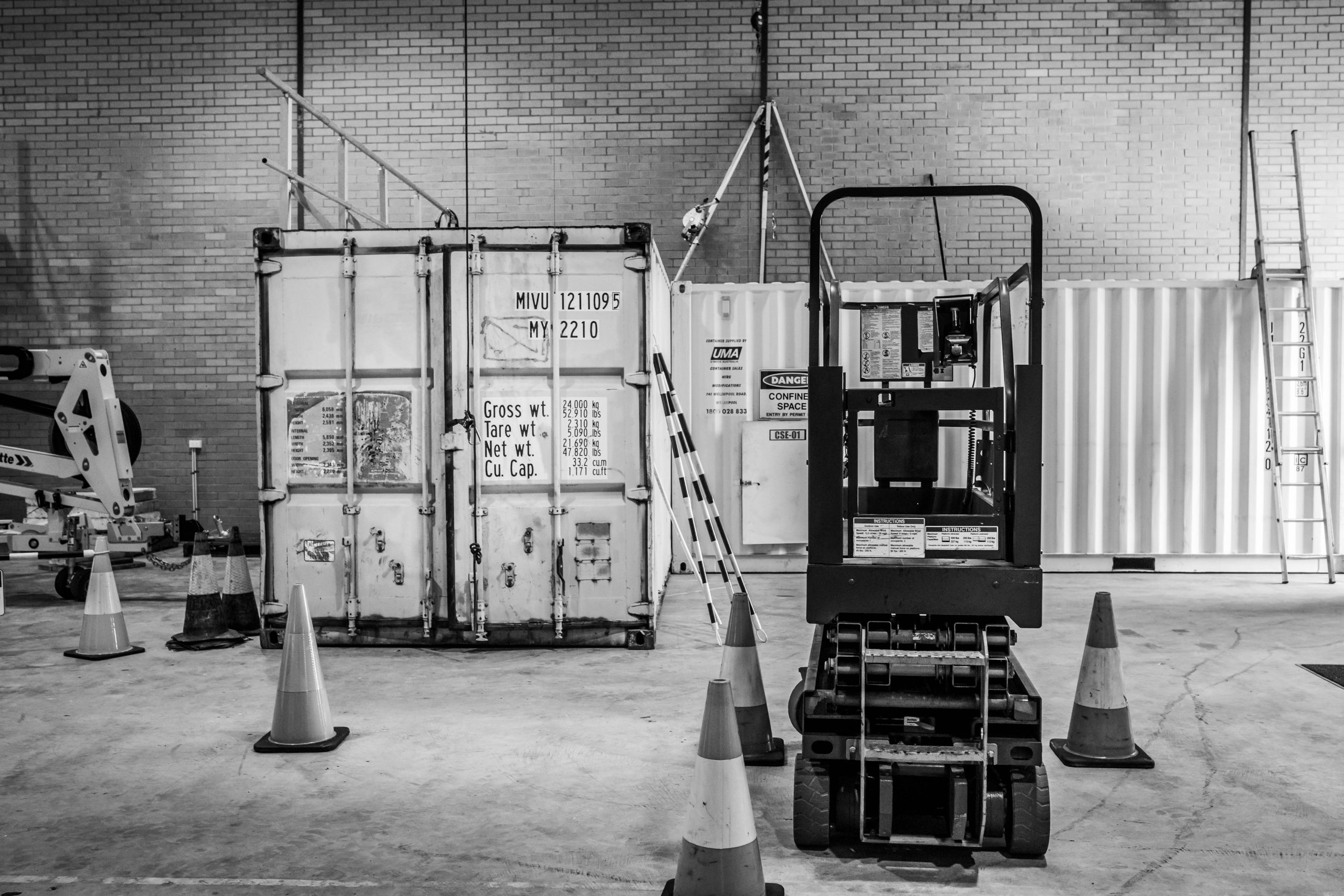Just What IS a Confined Space Ticket?
When we talk about a ‘confined space ticket’, we’re actually referring to a qualification that verifies the holder has received specific training to safely work in confined spaces. Confined spaces are areas not necessarily designed for people, but are large enough for workers to enter and perform certain jobs.
They have limited or restricted means for entry or exit and can be hazardous because of atmospheric contaminants, engulfment hazards, or configuration.
This ticket, then, is more than just a piece of paper – it’s a lifesaver, plain and simple. And, it’s a non-negotiable in many areas. It confirms that the holder has been through the relevant training and understands the risks and safety procedures associated with working in confined spaces.It provides assurance that the worker knows how to navigate, and if need be, extricate themselves from hazardous situations in these tight spaces.
Permit Requirements
Before a worker is allowed to work in a confined space, they must first have a ‘permit-to-work’. This permit outlines the necessary work procedures, identifies potential hazards, and establishes protocols for entering and leaving the confined space.
To obtain a confined space ticket, you’ll need to understand not only the risks associated with confined spaces but also the safety precautions, the correct use of safety equipment, and emergency procedures. Basically, it’s a certificate that says, “I know how to keep myself and others safe in these tricky situations.”
Risks of Working in a Confined Space
From hazardous substances and dangerous goods to physical risks like noise, vibration, or extreme temperatures, the hazards of confined spaces are many. Inadequate ventilation, falling objects, fire or explosion, and the presence of pests or vermin are just some of the additional risks.
Understanding these risks and knowing how to respond to them is paramount, hence the importance of training. Proper knowledge of the confined space environment and the necessary safety measures drastically reduces the potential of accidents.
How Long Does a Confined Space Ticket Last?
There’s no ‘expiry date’ as such on a confined space ticket. However, it’s essential to keep your knowledge and skills sharp.
But, even though there’s no mandated renewal period, Safe Work Australia recommends a refresher course every two years. This helps to ensure that workers stay abreast of any new safety practices or legislation changes.
Whether you’re a worker, a manager, a supervisor, or a person conducting a business or undertaking (PCBU), you should complete this course. It’s not just about individual safety – it’s about fostering a culture of safety in the workplace.
Should I Get a Ticket?
Anyone who may need to work in a confined space should receive this training. This is not only beneficial for the workers themselves but also promotes a more comprehensive understanding of safety protocols among all team members.
When workers don’t receive adequate training, it increases the risk of accidents. Tragedies can and do happen when workers aren’t aware of the potential hazards of confined spaces or don’t know how to respond to emergency situations.
In a nutshell, a confined space ticket is a testament to the worker’s understanding of confined space hazards and safety measures. It’s an essential part of a safe working environment in such conditions, and its importance can’t be overstated.
Although there’s no formal expiry date, refreshing this knowledge every two years, as recommended by Safe Work Australia, is a good rule of thumb.
Remember, when it comes to working in confined spaces, ignorance is not bliss – it’s a potential hazard. So, prioritise safety, get trained, and encourage a culture of safety in your workplace.
If you’re looking to get your confined space ticket, consider enrolling in Equip-Safe’s Confined Space and Gas Testing course. Because, at the end of the day, nothing is more important than your safety and that of your colleagues.



